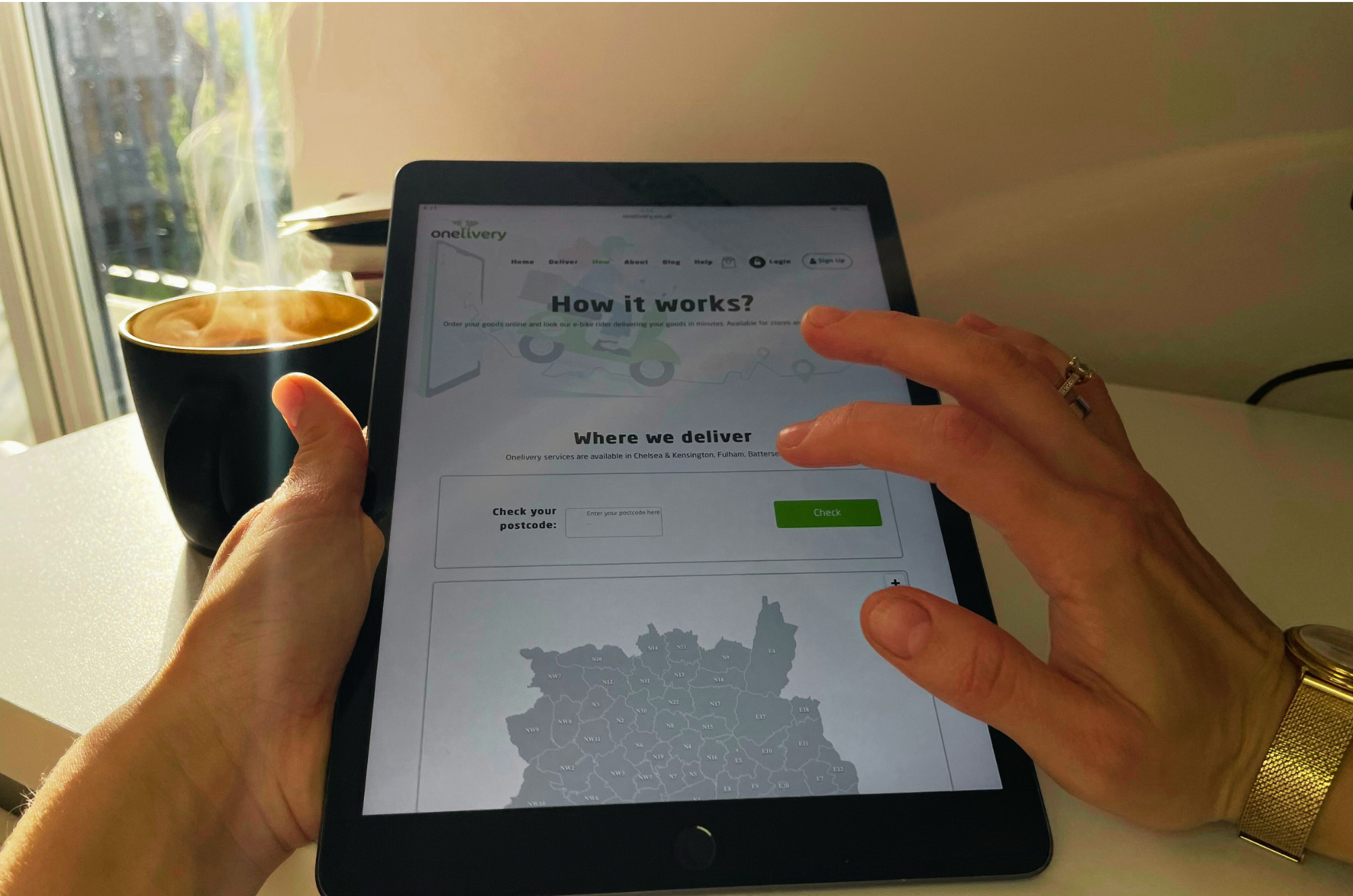Picture this: You order something online, and instead of waiting days, it arrives at your doorstep within hours. No stress, no delays—just seamless, lightning-fast delivery. In 2025, this is no longer just a possibility; it's becoming the new standard.
Faster, Smarter, and More Convenient
The demand for express delivery is skyrocketing, with the market in Europe expected to grow by nearly $19 billion between 2025 and 2029. Shoppers expect their orders to arrive quicker than ever, and businesses are racing to meet these expectations. Whether it’s groceries, fashion, or tech gadgets, speed is now a deal-breaker for many customers.
The Gig Economy is Reshaping Delivery
First, it changed how we order food. Now, the gig economy is revolutionising parcel deliveries. Companies like UPS are investing in crowdsourced delivery platforms like Roadie, making same-day, on-demand deliveries the norm. This shift gives businesses more flexibility, especially during peak shopping seasons, and ensures customers get their orders faster.
The Challenges We Can’t Ignore
But it’s not all smooth sailing. The UK is still grappling with a serious shortage of lorry drivers, which could cause disruptions in fuel supplies and supermarket deliveries. Experts warn that unless 200,000 new drivers are recruited, we could see a repeat of the supply chain chaos from previous years.
What’s Next?
Retailers and logistics companies aren’t sitting back—they’re adapting. Businesses are investing in smarter technology, expanding in-house delivery teams, and optimising last-mile logistics. The goal? More reliable, efficient, and stress-free deliveries for customers everywhere.
2025 isn’t just another year for the delivery industry—it’s a turning point. With the rise of ultra-fast shipping, tech-driven logistics, and the evolving gig economy, we’re witnessing a massive shift in how goods move from businesses to doorsteps.
The future of delivery is here, and it’s faster, smarter, and more customer-focused than ever before.









